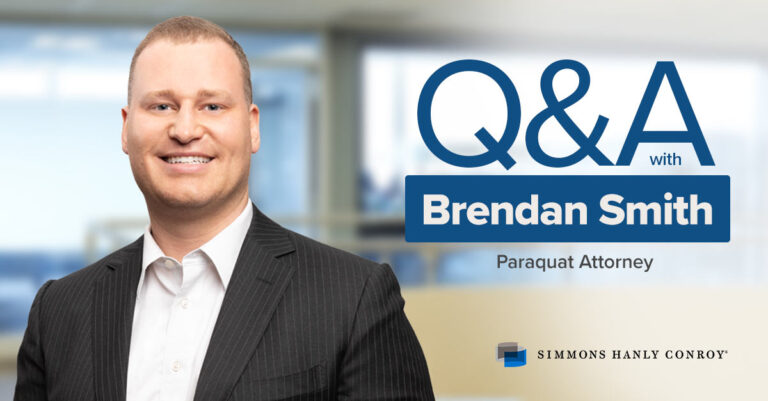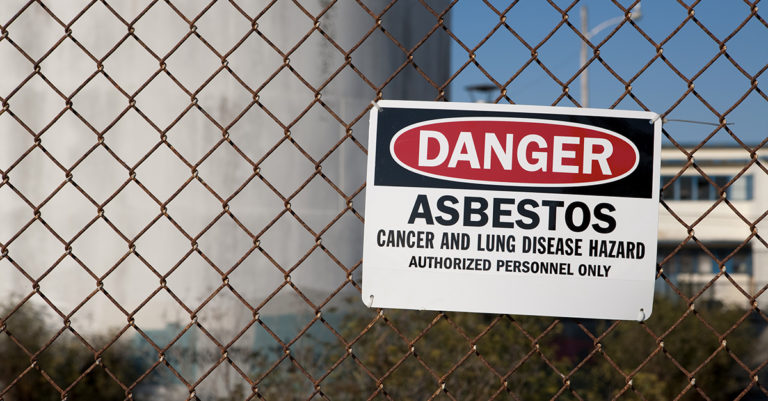
In late February, the nation’s three largest drug distributors — AmerisourceBergen, Cardinal Health and McKesson — and drugmaker Johnson & Johnson agreed to finalize a $26 billion opioid settlement with states and local governments, resolving roughly 3,300 civil lawsuits.
The Plaintiffs’ Executive Committee (PEC) leading the opioid litigation on behalf of state and local governments, which includes Simmons Hanly Conroy Partner Jayne Conroy, released a joint statement, saying:
“We arrived at this moment after years of work by community leaders across the country who committed themselves to seeking the funds they need to combat the opioid epidemic. We must also recognize the efforts of the many attorneys general and private counsel who have relentlessly pursued long overdue opioid epidemic recovery resources on behalf of their constituents and clients.”
Originally proposed in July 2021, state and local governments had until Jan. 26, 2022 to sign onto the settlement deal. The four companies had until Feb. 25, 2022 to determine if there was enough participation to move the settlement forward.
As part of the settlement, Johnson & Johnson agreed to stop selling opioids in the United States. The company will also disperse $5 billion in funds to state and local governments across a span of nine years. Drug distributors AmerisourceBergen, Cardinal Health, and McKesson will distribute $18 billion over 21 years. Funds will be paid out annually starting in April 2022.
The settlement marks a historic step toward holding the companies accountable for helping to fuel an opioid epidemic responsible for the deaths of more than 500,000 Americans since 1999, according to the U.S. Centers for Disease Control and Prevention (CDC).
Emphasizing the importance of the settlement, the PEC said:
“The bottom line from this news is that help is on the way for first responders and healthcare workers on the front lines of this public health crisis. While nothing can truly make whole what was lost in this country, what we can do is ensure that thousands of communities nationwide have the tools they need to prevent the opioid epidemic from taking more lives. We hope this agreement does exactly that.”
Settlement funds are sorely needed for ailing American communities across the country. Without critical changes to how local governments address opioid addiction — which will come, in part, from opioid settlement funds — prominent medical journal The Lancet predicts 1.2 million Americans will die from opioid overdoses in the current decade spanning from 2020 to 2029.
According to the New York Times, at least 85 percent of the recovered funds will be used for detoxification, prevention and treatment programs. The creation of robust opioid education and intervention programs will also be crucial abatement tools, arming communities with resources to combat the ongoing crisis.
St. Louis County Executive Dr. Sam Page, a licensed physician and Simmons Hanly Conroy client, spoke with the Washington Post about how the funds may be apportioned in St. Louis County. According to Page, St. Louis County will use the funds to scale up substance abuse treatment programs and mental health resources for patients who lack sufficient medical insurance.
Referring to the settlement, Dr. Page said, “This is a really big deal.”
Several states, including Alabama, New Hampshire, Oklahoma, Washington and West Virginia, elected not to join all or part of the settlement. Some of these states are now preparing for trial against the drugmakers and distributors or are negotiating their own deals.
In addition to the $26 billion settlement with J&J and the three largest drug distributors, drugmakers Endo, Mallinckrodt, and Teva Pharmaceuticals have reached settlement deals with national and local governments, though more deals are expected to come. The Sackler family-owned Purdue Pharma — the drugmaker of OxyContin — is currently in U.S. Bankruptcy Court attempting to negotiate a national settlement.
“It is also important to remember that while this is a vital step, it is only one of the many that are necessary to put an end to this crisis,” said Conroy and the PEC in the joint-statement. “We will continue our work at the negotiation table and in court during the trials ahead to hold companies in the opioid supply chain accountable.”
National Coverage
Top national and regional media placements include:
Print/Online
- AP: J&J, distributors finalize $26B landmark opioid settlement
- FiercePharma: Johnson & Johnson, distributor giants finalize $26B opioid settlement as states pile into landmark deal
- Law.com: States sprint toward deadline in 26b opioid deal designed to deliver global peace
- Law360: J&J, Drug Distributors’ $26B Opioid Settlement Is Finalized
- NPR: 4 U.S. companies will pay $26 billion to settle claims they fueled the opioid crisis
- Reuters: Drug distributors, J&J agree to finalize $26 bln opioid settlement
- The New York Times: Companies Finalize $26 Billion Deal With States and Cities to End Opioid Lawsuits
- The Washington Post: Major drug distributors and J&J finalize opioid settlement, launching nationwide funding
- The Wall Street Journal: Johnson & Johnson, Drug Distributors Agree to Opioid Settlement With States
Broadcast




